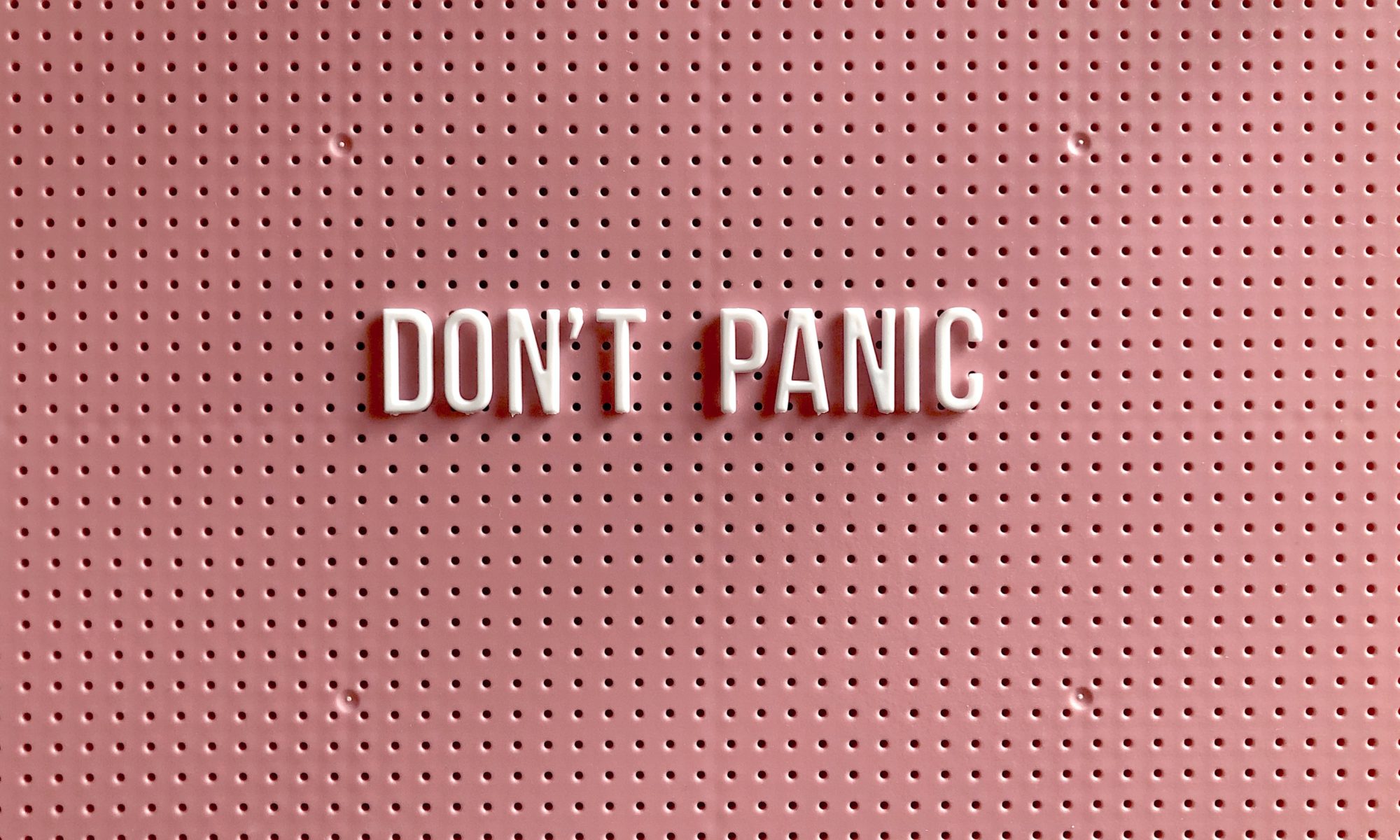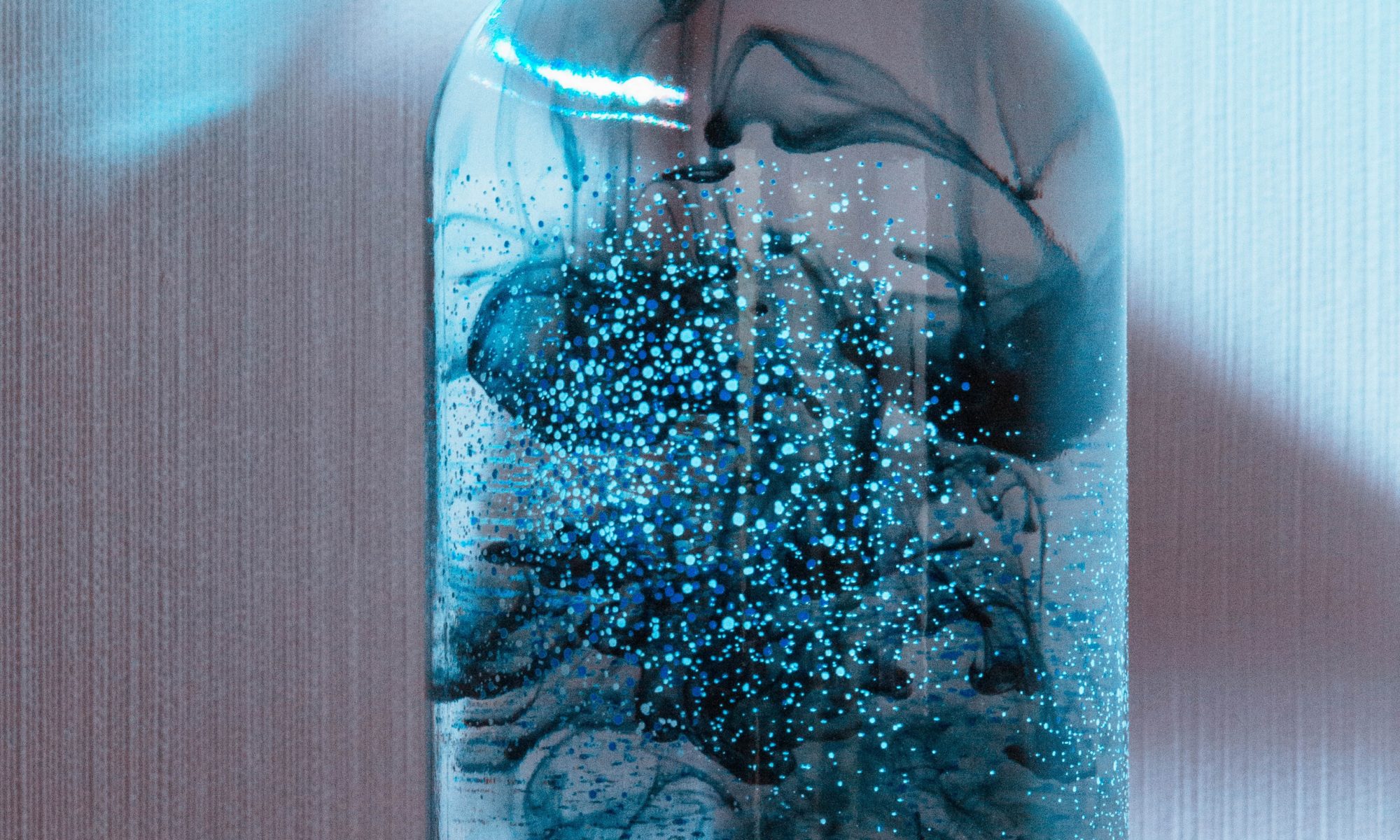Cybin Announces Positive CYB003 Data Demonstrating Significant Advantages Over Oral Psilocybin for Treatment of Mental Health
Cybin (CYBN) announced that its psilocybin formulation for depression and alcoholism, CYB003, could be more effective than oral psilocybin.
The company conducted preclinical testing on multiple species of animals. Researchers found that CYB003 has nearly double the brain penetration compared to oral psilocybin, resulting in a 50% reduction in dosage, variability, and onset time.
A smaller dosage has potential to reduce negative side effects such as nausea. The formulation could lead to shorter sessions which would make treatment more affordable!






